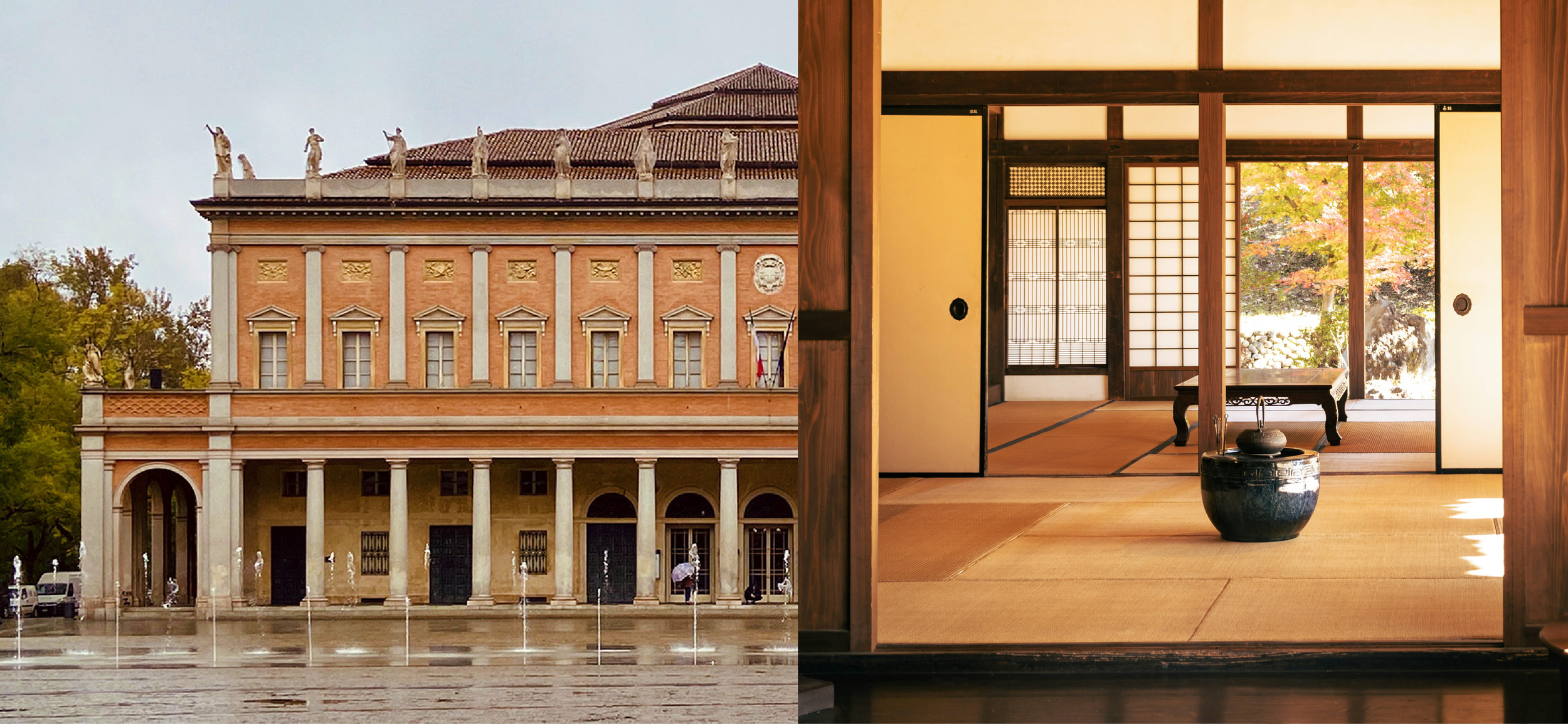Philosophy

Reggio Emilia Reimagined Through the Lens of Japanese Artistry
Although we are a Reggio Emilia inspired school, we see beauty in the Japanese education system as well. We have incorporated these elements into our philosophy and support children in understanding and reflecting these elements into their daily lives. Within the sense of group, we instil our students with a sense of responsibility, respect and beauty.
Our daily outside adventures help children appreciate the beauty around them, connect and commune with nature, and understand our role in respecting and protecting the environment. By playing a part in preparing for and eating lunch together, students learn the social emotional skills of participation, teamwork, patience, and sharing. Moreover, by cleaning up afterwards using zoukin, they experience joy and pride in being responsible for their own space. Our children also experience Japanese cultural activities, such as tea ceremony or Ikebana (flower arranging) to feel connected with our Japanese environment.

Outside Learning

Group Learning

Social/Emotional
Learning
What is Reggio Emilia?
The Reggio Emilia approach, named after a small town in northern Italy, gained prominence in 1991 when Newsweek magazine named it one of the best 10 schools in the world. The Reggio Emilia approach is : “an educational philosophy based on the image of a child with strong potentialities for development and a subject with rights, who learns through the hundred languages belonging to all human beings, and grows in relations with others.”
(Taken from the Reggio Children website https://www.reggiochildren.it/en/reggio-emilia-approach/)

“The child has, a hundred languages, a hundred hands, a hundred thoughts, a hundred ways of thinking, of playing, of speaking…”
From the poem "No way. The hundred is there." by Loris Malaguzzi, founder of the Reggio Emilia approach.
“Children need the freedom to appreciate the infinite resources of their hands, their eyes, and their ears, the resources of forms, materials, sounds, and colors.”
— Loris Malaguzzi
“Ensuring that every child feels a sense of security and belonging within the school enables each child to accept and participate actively in transforming situations that are a part of learning experiences.”
— Loris Malaguzzi
“From the beginning, children demonstrate that they have a voice, know how to listen, and want to be listened to by others.”
— Carla Rinaldi
President of both Reggio Children and Malaguzzi Centre Foundation.


